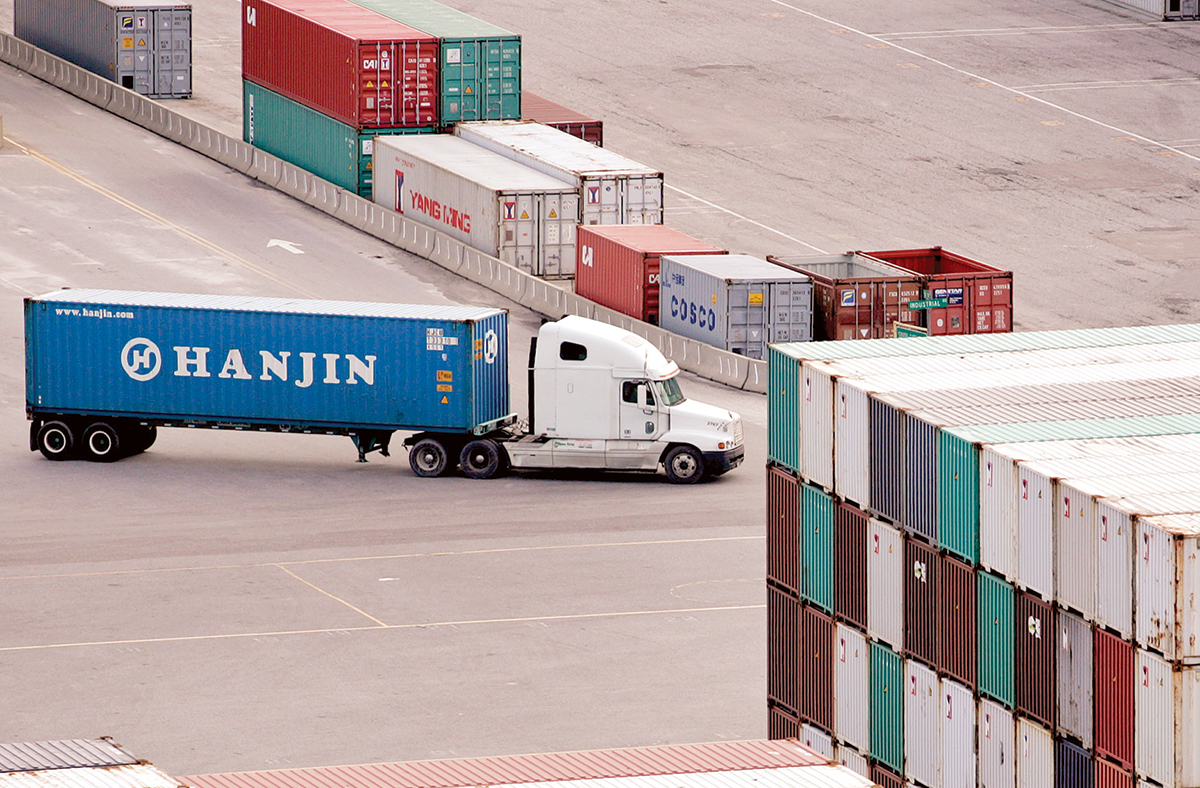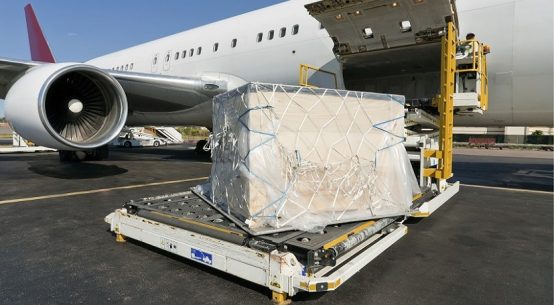
….Normal shipping patterns are upended as goods flow into Houston for restocking and rebuilding while little flows out; some truckers hesitate to accept loads.
…..Trucks are also struggling to find loads in the city for the return trip because so many businesses that export to other parts of the country remain shut.
Trucking costs are surging in the wake of Hurricane Harvey, as big rigs get diverted to the Texas recovery effort and another storm approaches the Florida coast.
Businesses and aid groups are hustling to restock store shelves and bring in relief supplies after Harvey’s record rains wreaked havoc on supply chains tied to Houston. Many shippers are paying sharply higher rates to bring goods into the region. The cost of hiring a tractor-trailer to move freight from Dallas to Houston was an average 66% more in the week ended Sept. 2 compared with the previous week, according to online load board DAT Solutions LLC.

Trucking companies are charging more because making deliveries in Houston is slow going and potentially costly as the city rebounds from the storm. Trucks are also struggling to find loads in the city for the return trip because so many businesses that export to other parts of the country remain shut.
“For freight that needs to move into the Houston area, the costs are skyrocketing,” said Dave Menzel, chief operating officer at Echo Global Logistics Inc., which provides freight brokerage and transportation management. “A truck might have to wait two days to get unloaded. They may not be able to get fuel.”The storm also has affected freight markets beyond Texas, said Mark Montague, a senior industry analyst with DAT. Relief efforts have diverted trucking capacity from other regions, and cargo has been rerouted to other distribution hubs, such as Denver.
Nationally the average rate for dry vans, the most common trucks, rose to $1.90 per mile including fuel surcharges for the week ending Sept. 2, up 6.7% compared with the previous week. Average diesel prices hit $2.68, up from $2.55 a week ago, according to automobile club AAA.
By Wednesday, many rail tracks around Houston had reopened. BNSF Railway said it expected closed routes between Houston and Louisiana to be restored by Thursday, but the carrier said lines to Corpus Christi and Brownsville were still blocked.
Imports were also flowing back in through the Port of Houston, which shut down for a week after the storm’s Aug. 25 landfall. Harvey came in the midst of the peak shipping season, as manufacturers and retailers restock inventories and ready for the holidays.
The hurricane was “a big disruption” for trucking operations that move cargo from the port to nearby rail lines, said Troy Cooper, chief operating officer for XPO Logistics Inc., which also provides freight brokerage and trucking services.
XPO shifted some Houston intermodal freight scheduled to move by rail to trucks. XPO has also added more last-mile delivery capacity in Houston by bringing on additional independent contractors.
As Houston begins to rebuild, construction on damaged homes and commercial buildings will push more freight into that region. Sheetrock is already moving into Houston, said Chris Cooper, president of The Boyd Companies, a division of trucking company Daseke Inc., which specializes in hauling oversize industrial equipment and materials.
Meanwhile, Hurricane Irma is barreling its way through the Caribbean as a Category 5 storm that could reach South Florida this weekend.“We’re hauling plywood and particle board out to Florida right now,” Mr. Cooper of The Boyd Companies said.
The Federal Railroad Administration declared a rail emergency in Florida on Wednesday. Trucking capacity is also tightening up, as some truckers hesitate to accept loads that could leave them stranded, Mr. Menzel said.“Companies are kind of hunkering down,” he said. “It is disrupting the supply chain already.”
Source: Wsj








